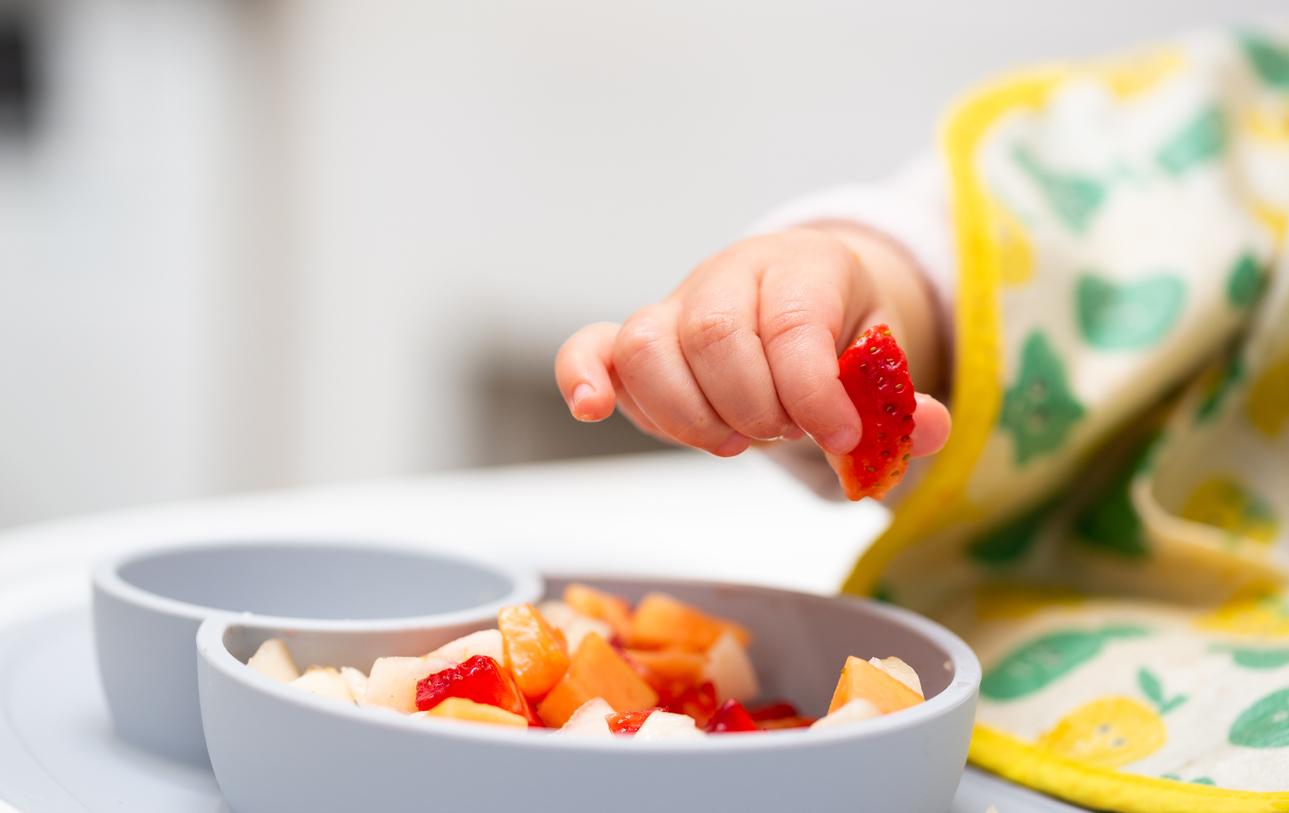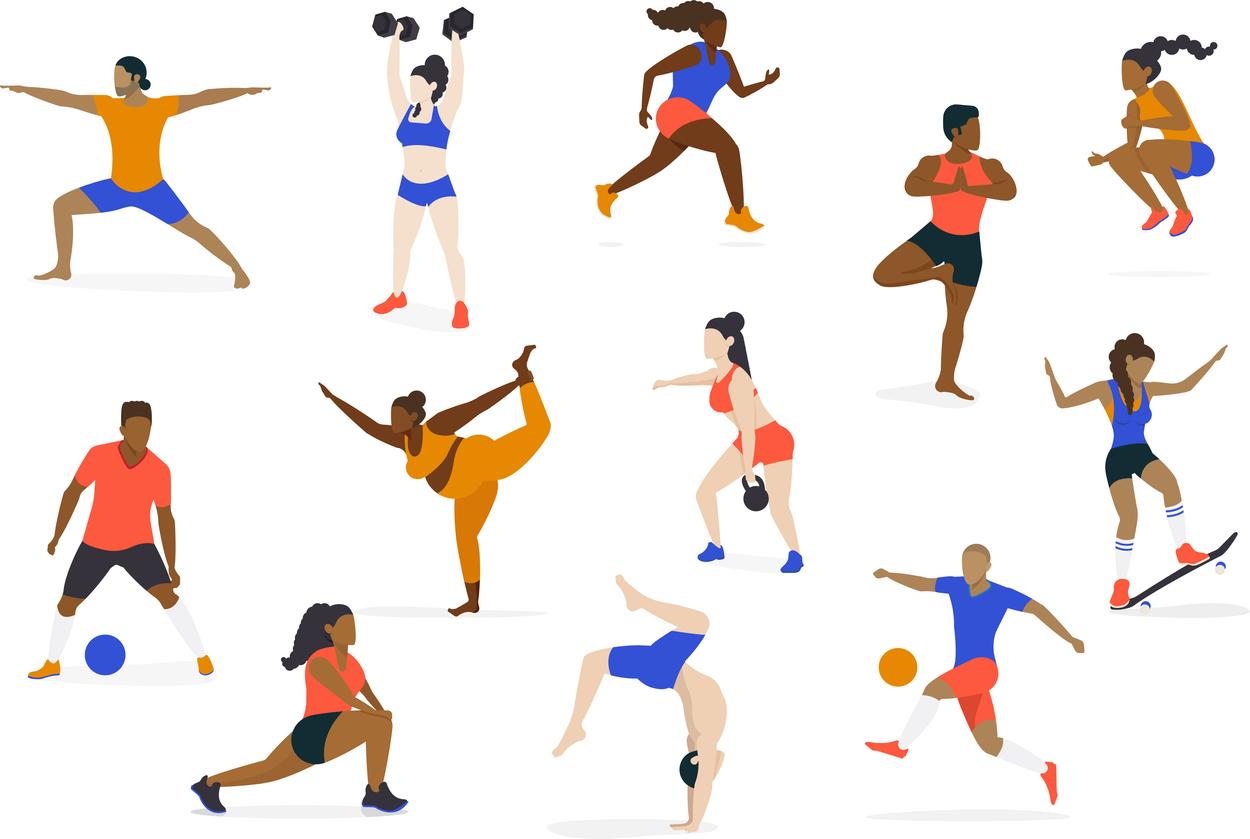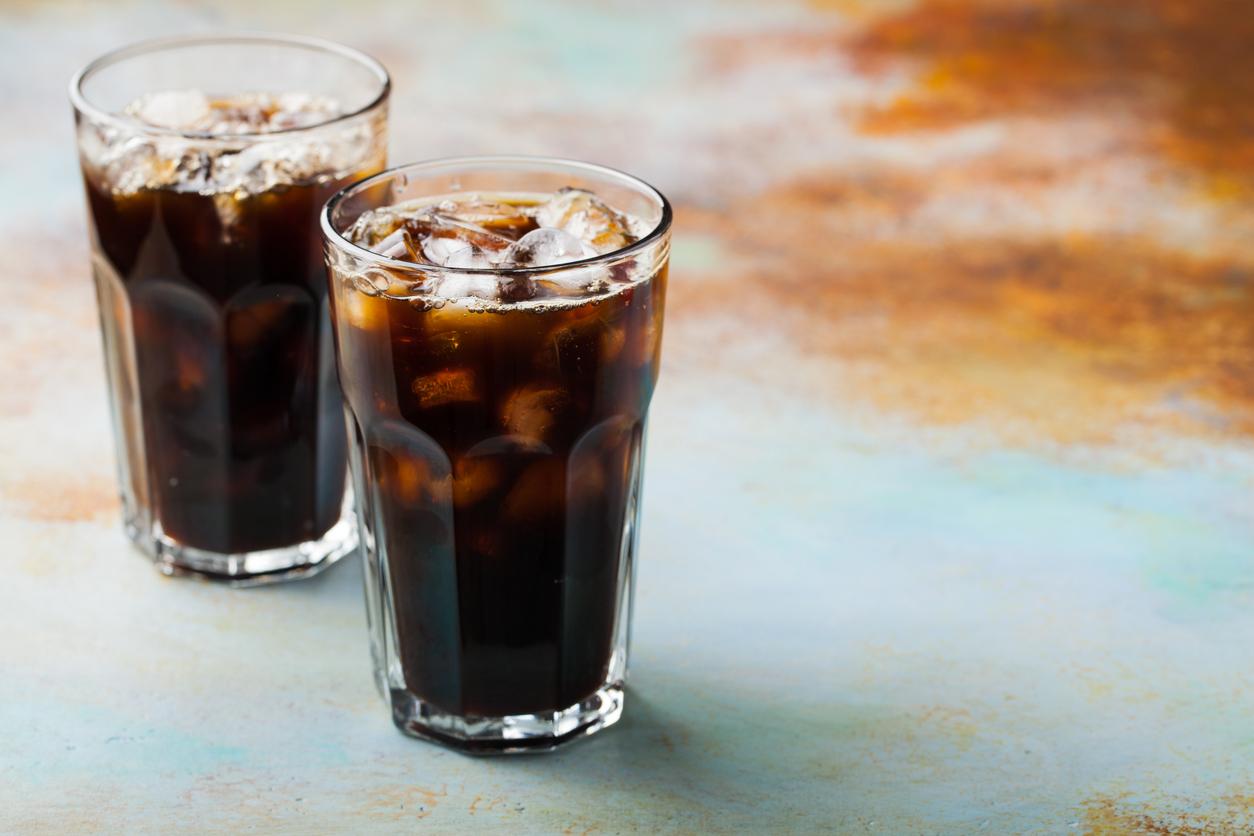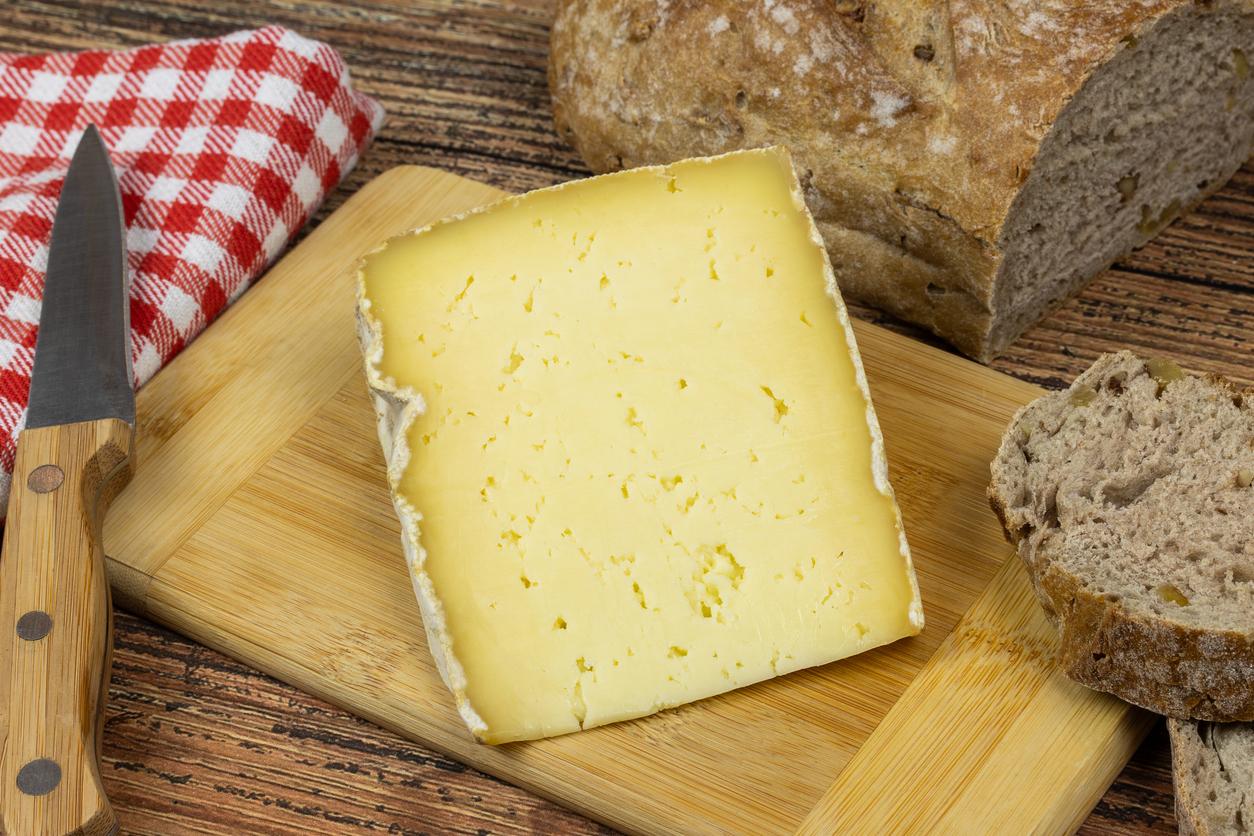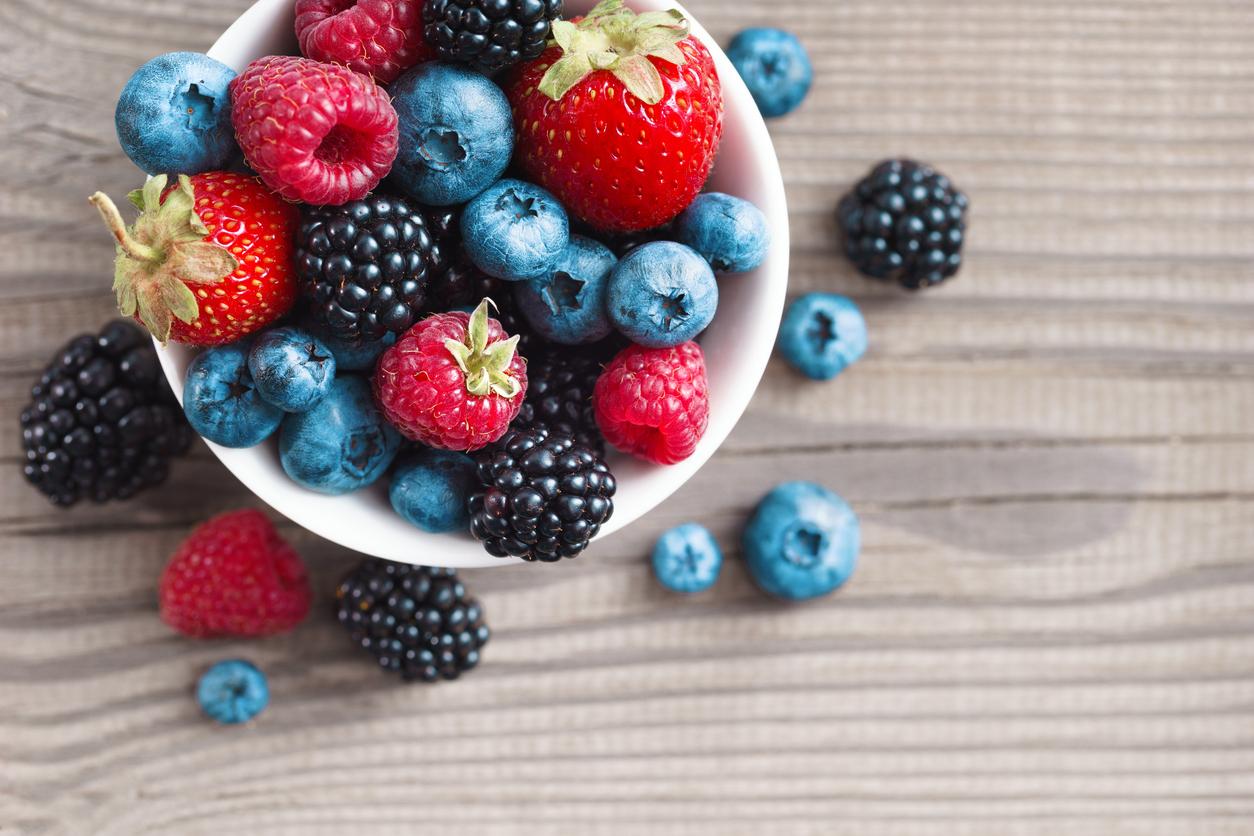During festive meals, we tend to overeat. But some people are more concerned because there are different personalities associated with food.
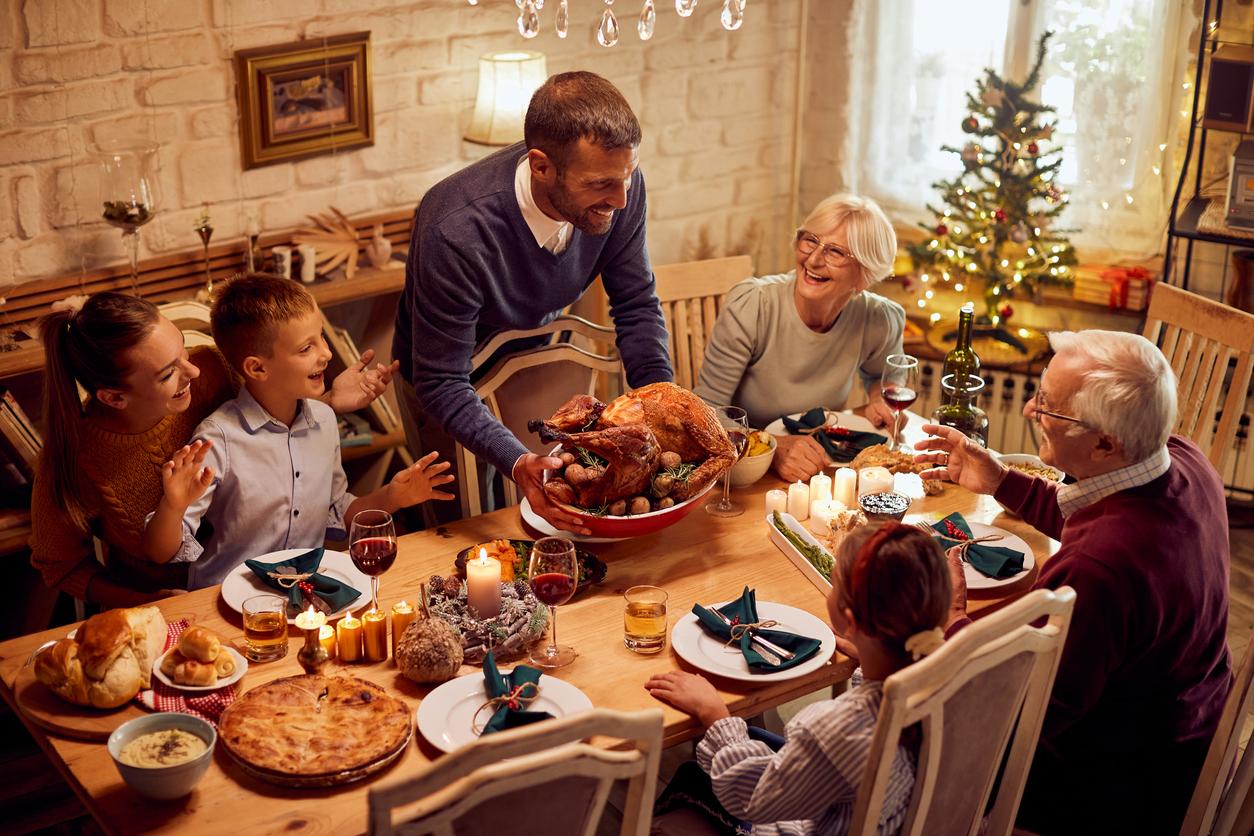
- Holiday meals represent, on average, between 2,500 and 3,000 calories per meal, which corresponds to our daily needs.
- Foie gras, logs and alcohol are some of the particularly high-calorie foods.
Tell me who you are, and I’ll tell you what you eat. This is the idea behind the article by a duo of scientists, published in Tea Conversation. Georgie Russell of the Institute of Physical Activity and Nutrition at Australia’s Deakin University and Alan Russell, a professor at Flinders University, also in Australia, explain that there are different eating personalities , and this conditions the way we eat. During this holiday season, this can help us understand our relationship with food to better manage this period of excess.
Food personality is determined in childhood
“Technically, food personalities (or food phenotypes) refer to habitual patterns of eating behaviors and thoughts that are the result of interactions between our genetic make-up, our individual characteristics, and the environment.”, explain the authors. This personality affects our food choices, the amount of food we eat and our propensity to overeat. “Food personalities are apparent in infants and continue to evolve and change throughout our lives.”they point out.
What type of eater are you and how to adapt your diet?
According to these two authors, there are five main types of eaters.
First, the excessive eater: this is a person who eats even when he is not hungry. These people need to learn to better recognize their hunger and satiety, in order to eat only when they have “Actually” hunger.
Then, the researchers cite the impulsive eater, it is a person who has a strong attraction for food, and who finds it difficult to resist. Again, knowing how to identify hunger can help reduce food cravings.
There is also the emotional eater: in this case, it is the emotions and the psychological state that determine the diet. It is important to better manage your emotions through techniques such as meditation or walking, to reduce their impact on food.
Australian scientists call the following profile “the plate cleaner” : these are people who eat everything they have on their plate, regardless of the quantity and their satiety. There, the ideal is to reduce the size of the portions to reduce the risk of eating more than necessary, while working on the feelings of hunger.
The last profile is the fast eater, the one who eats quickly and therefore too much. A few tricks help slow the pace, like chatting between dishes, drinking water or simply putting down your fork between bites.
End of year celebrations: different behaviors depending on the personalities
During the holiday season, each person is influenced by their eating personality. Thus, an emotional eater stressed by family reunions will tend to compensate for their emotions by eating. The abundance and diversity of the dishes will push the “plate cleaner“to forget the signals of satiety. During these festive meals, it can be difficult to fight against oneself, and this is normal according to the researchers. “Food is central to this period, it creates social and cultural ties and is a source of pleasure“, they point out. If an excess of food can threaten your health or your well-being, it can be interesting to determine your food personality to find effective tools to calm your relationship with food. If not, it will be enough to resume good habits once the holiday season is over!









